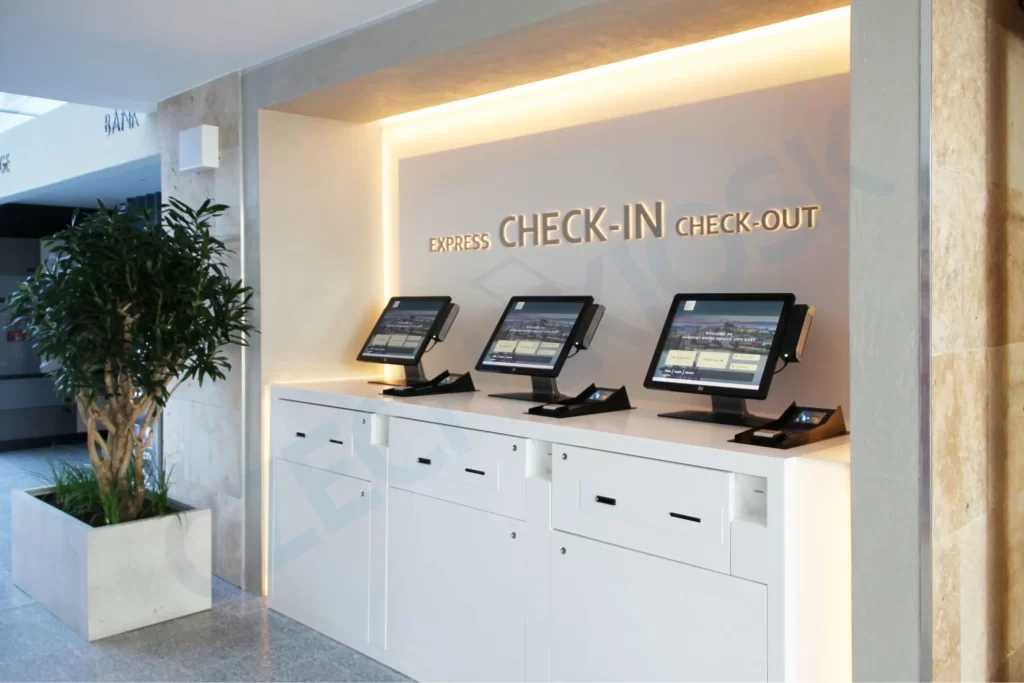The hospitality industry, while vital to the European economy, has long been a significant contributor to environmental challenges. As the EU pushes forward with its ambitious Green Deal, the role of smart hospitality solutions, particularly centralized platforms, becomes increasingly crucial in achieving sustainability goals.
The Environmental Burden of Traditional Hospitality
The hospitality sector’s footprint is substantial and multifaceted. Hotels and restaurants across the EU collectively contribute to:
Energy Consumption
Traditional hotels are notorious energy consumers, with 24q7 operations requiring constant heating, cooling and lighting. A typical European hotel room consumes between 150-400 KWh per SqM annually, far exceeding residential energy use.
Water Wastage
The industry’s water consumption is staggering, with guests using an average of 300 liters per night – nearly double the daily consumption of local residents. Laundry services, swimming pools, and daily room cleaning contributes significantly to this water footprint.
Food waste
Restaurants and hotel kitchens in the EU generate approximately 12 million tons of food waste annually. Buffer systems and overproduction to ensure guest satisfaction often result in excessive waste.
Single use plastics
Despite recent regulations, the sector still heavily relies on disposable items, from toiletries to packaging, contributing significantly to plastic pollution.
Smart Hospitality: The Game Changer
Centralized platforms integrate IoT sensors and AI algorithms to optimize energy usage:
- Automated adjustments of room temperatures based on occupancy
- Smart lighting systems that respond to natural light levels
- Real-time monitoring and optimization of HVAC systems
- Integration with renewable energy sources
Water conservation through technology
Centralized monitoring systems enable:
- Early detection of leaks and maintenance issues
- Smart irrigation systems for hotel grounds
- Automated monitoring of pool chemistry to reduce water waste
- Digital tracking of laundry efficiency
Supply Chain optimization
Smart systems enable:
- Local supplier integration and management
- Real time inventory tracking
- Bulk purchasing coordination across hotel chains
- Reduction in transport-related emissions
The Green Deal Connection
Smart hospitality aligns perfectly with the EU Green Deal’s objectives:
- Carbon Neutrality: Centralized platforms help properties track and reduce their carbon footprint, contributing to the EU’s 2050 neutrality goal.
- Circular economy: Digital solutions facilitate resource sharing, waste reduction, and sustainable procurement across the industry.
- Building renovation: Smart systems provide data-driven insights for energy efficient renovations and updates
- Innovation leadership: The EU’s hospitality sector can become a global leader in sustainable tourism through technology adoption.
Looking Ahead
The integration of smart hospitality solutions is not just an environmental necessity but a competitive advantage. Properties utilizing centralized platforms report:
- 20-30% reduction in energy costs
- 15-25% decrease in water consumption
- Up to 40% reduction in food waste
- Improved guest satisfaction through sustainable practices
As the EU continues its journey towards sustainability, smart-hospitality platforms will play an increasingly vital role in transforming one of Europe’s most resource intensive sectors into a model of environmental responsibility.
The success of the Green Deal depends significantly on the ability of key industries to adapt and innovate. Smart hospitality, through its centralized platforms, offers a scalable, efficient path forward achieving these crucial environmental goals while maintaining the high standards of services the European hospitality is known for.
